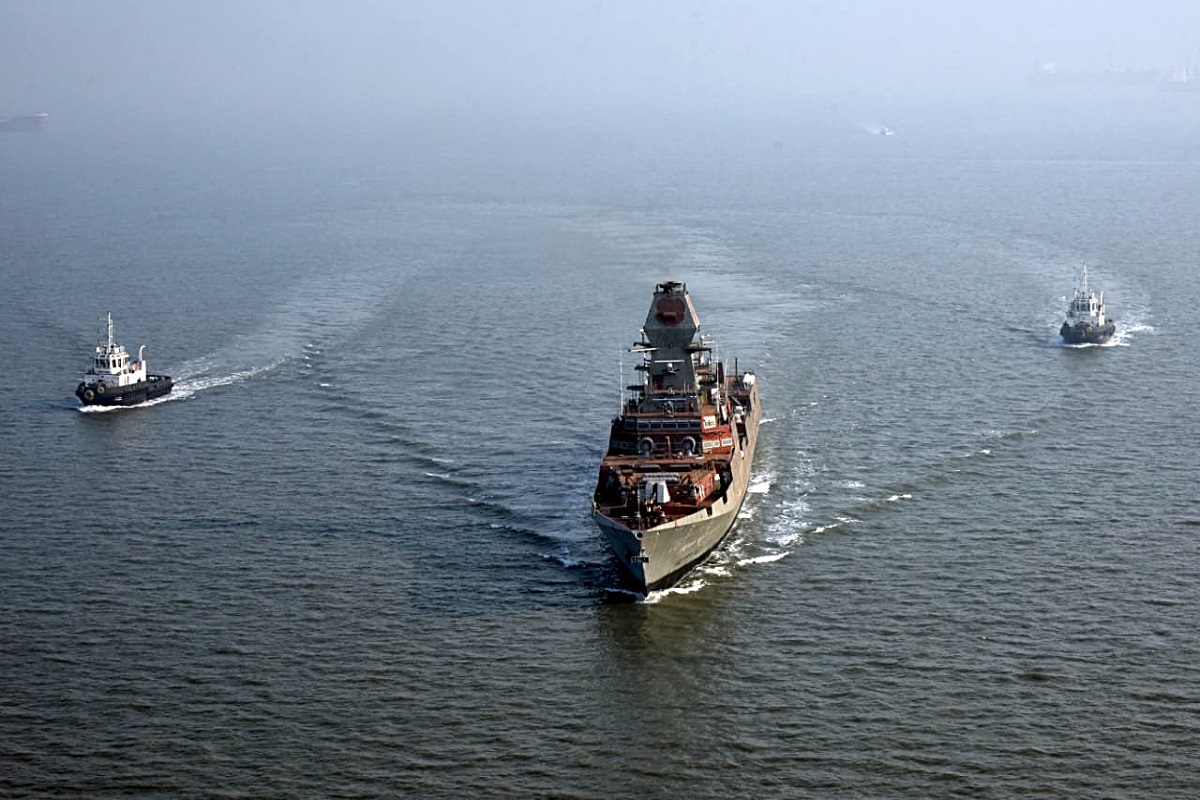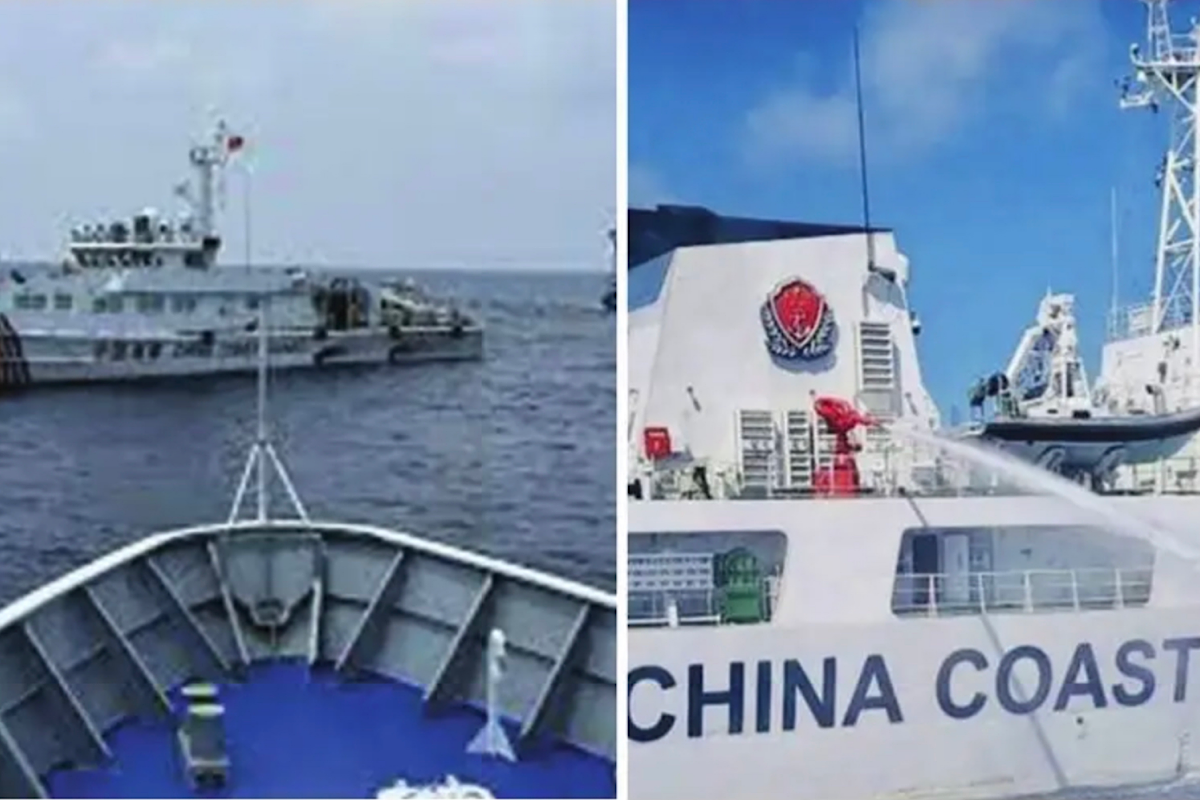Geneva Conventions remain relevant
Last week marked 75 years since the adoption of the Geneva Conventions on 12 August 1949. In theory, these rules of war are universally agreed by every nation.

Last week marked 75 years since the adoption of the Geneva Conventions on 12 August 1949. In theory, these rules of war are universally agreed by every nation.

The South China Sea has long been a contentious region, but recent developments underscore an escalating threat that demands global attention and coordinated action.

The visit demonstrated India's strong ties with The Philippines and its commitment to further deepen the partnership.

Maritime disputes across the vast South China Sea have ratcheted up in recent years as an increasingly assertive China militarises disputed islands and confronts its regional rivals over their competing claims in the strategically important and resource-rich waterway.

The US military's Indo-Pacific Command said that the intercept was conducted at night and that the Chinese's pilot demonstrated poor airmanship.
Friday’s launch of the third and most advanced aircraft carrier by the People’s Republic of China signifies yet another milestone for Xi Jinping.
But the fertile central plain is both China‘s strength as well as its weakness. China feeds 23 per cent of the world‘s population from 7 per cent of arable land, by crowding some 2,000 human beings onto each square mile of cultivated earth in the valleys and flood plains. But the narrow coastal zone of prosperity also creates a deep social chasm because it profits hugely from maritime trade which does not flow to the rest of China.
The entire Chinese juggernaut or economic ‘miracle‘ (that finances the patent expansionist ambition) is predicated on the seamless to-and-fro of its wares, supplies and energy requirements. For this, ensuring that no enemy power can enforce a ‘choke‘ or stranglehold on its trade / seafaring routes, is imperative. Guaranteeing such sovereign power-assertion triggers justifiable fears of encroachment and usurpation of the traditional spheres of influence of other countries.
At the same time, the EU delivered its Indo-Pacific system which called for "multi-layered commitment with China on issues of normal interest" while "pushing back where basic conflict exists with China, for example, on common freedoms."
India‘s interest in the South China Sea is primarily due to the fact that the Sea and the Indian Ocean are strategically inter-related. India wants to have a maritime strategy along with the littoral countries of South East Asia that will deny Chinese dominance
